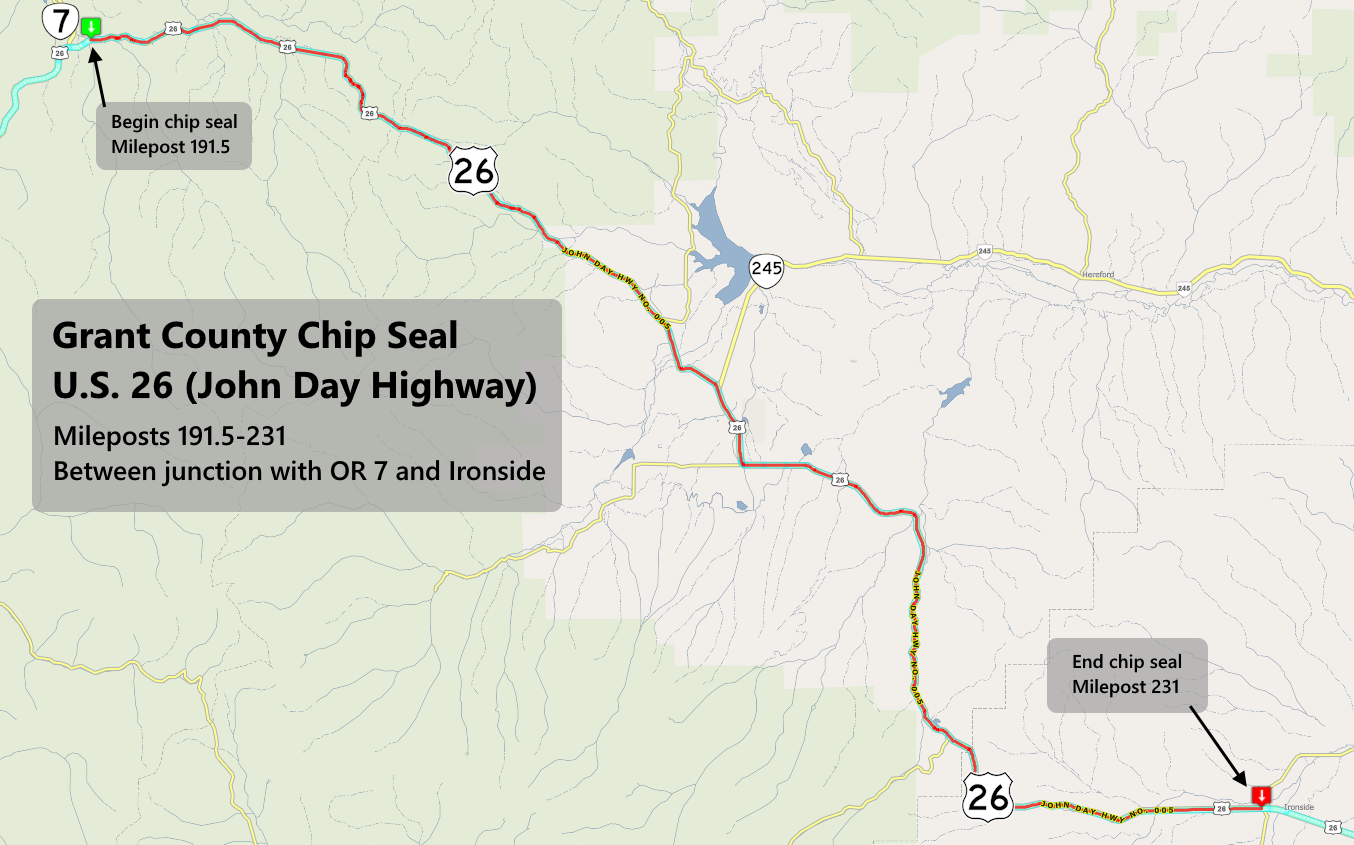Plan for wolf recovery lands in Oregon court
Published 5:00 pm Tuesday, October 7, 2003

- Brett Brownscombe, Hells Canyon Preservation Council
PORTLAND – Seventeen conservation and wildlife protection groups on Oct. 1 chose Oregon as the legal venue for a challenge to a federal decision lowering the protections for the gray wolf under the federal Endangered Species Act.
The lawsuit, filed in the U.S. District Court of Oregon, takes aim at the U.S. Fish and Wildlife Service’s new regulation, which reduces protections for the wolf and initiates the process of completely removing protections across the West. The groups allege this action will retard the recovery of wolves trying to naturally disperse into portions of their historic range located outside of the current limited recovery areas in Idaho and Montana, such as Oregon and Washington.
“Wolves in a few places have rebounded in the seven years since they were returned to Yellowstone and Idaho, but the federal government is abandoning the wolf before the species recovery is complete,” said Brian O’Neill, attorney to the groups involved in the suit.
“Natural recovery of Oregon wolves is happening but is still threatened. Migration patterns make it clear that Hells Canyon and the Blue Mountains are Oregon’s respective front door and living room for wolf recovery. Instead of promoting recovery and responsible management in places like this, the Fish and Wildlife Service is more interested in wiping the walls of its wolf recovery responsibilities before the wolf can get a foothold in its former home,” said Brett Brownscombe, Conservation Director for the Hells Canyon Preservation Council, a ruraly-based conservation group in La Grande, dedicated to the protection and restoration of the Hells Canyon-Wallowa and Blue Mountain ecosystems of Northeast Oregon, where wolves have been seen.
The Fish and Wildlife Service’s rule sets the stage for the ultimate passing of wolf management responsibilities onto state governments. The groups said the agency is only requiring state management plans of Wyoming, Montana and Idaho as a condition of completely de-listing the wolf.
“The Bush administration is saying it thinks wolves will be fully recovered across the West in a few years, so current protections are no longer needed. When it comes to a place like Oregon, where no wolf packs yet exist despite good habitat and where wolves continue to end up either dead or deported, this conclusion is all foam and no beer,” stated Brownscombe.
The wolf is still as contentious as any resource issue in the West. Various states have issued anti-wolf declarations:
Idaho legislative resolution (2002) calls for wolf removal “by any means necessary.”
Wyoming’s proposed management plan would allow wolves to be shot on sight as “varmints” anywhere in the state other than national park lands.
Minnesota still offers a bounty for wolves.
Oregon, however, has chosen to draft a wolf management plan aimed at recovery as well as addressing livestock and hunting concerns, relying on a citizen task force to assist in the planning process. Political and cultural anti-wolf pressure, however, remains high across the state, the group said. The past legislative session saw numerous bills to either remove or reduce state-law protections for the wolf. Various Oregon counties, including the northeast counties of Wallowa and Union where the wolf has reappeared, have adopted anti-wolf ordinances calling for the removal of the species.
“We remain committed to a responsible Oregon wolf plan that addresses recovery and livestock plus hunting concerns. But this plan does not yet exist and the state’s budget woes are evident. If all Oregonians were saying ‘we can tolerate wolves and it won’t take any money to do so,’ that would be one thing. Well…that’s fantasy land, and until an Oregon plan exists to ensure recovery and money for responsible management, the Bush administration should not fast-track the dumping of its wolf obligation on the state, which is what the FWS will ultimately do,” said Browncombe, who will serve on Oregon’s state-appointed wolf advisory task force. “I thought this administration did not support unfunded mandates,” he added.
Others blasted the groups’ lawsuit, calling it a stalling tactic.
“This lawsuit is designed to buy time for wolf populations to grow exponentially, disperse and expand their range, and impose an extremist agenda to-end hunting and ranching,” said Robert T. Fanning Jr., chairman of Friends of the Northern Yellowstone Elk Herd Inc. “The biological science is completely monopolized by those who seek to impose this extreme agenda on the West.”






